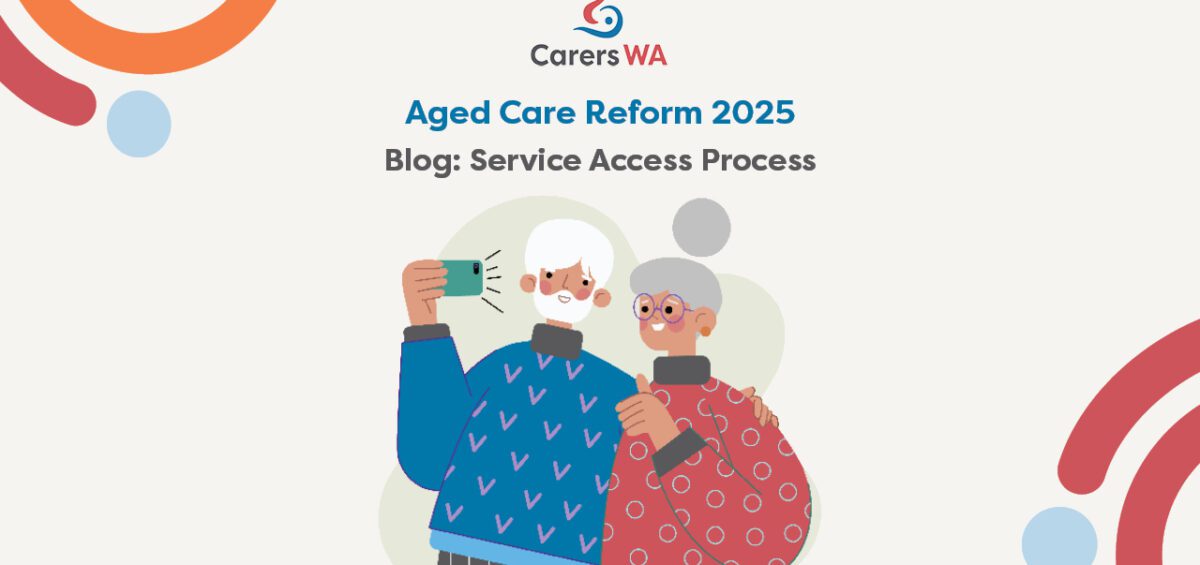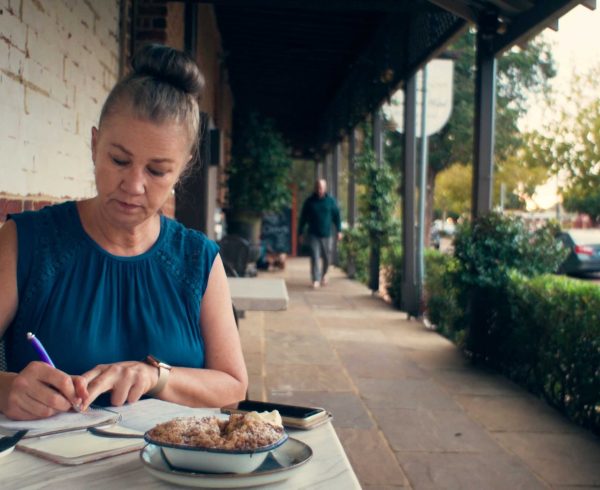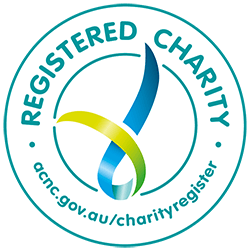In our first aged care reform blog post, we provided an overview of the reform and its key features, setting the stage for this discussion. Continuing our discussions of the upcoming aged care reform, our latest blog delves into the pathway process essential for accessing funded aged care services.
The new Act, taking effect as of next year, is set to redefine how funded aged care services are delivered under the Commonwealth aged care system. It’s designed to prioritise the needs of older individuals and ensure the quality of services provided to meet those needs. Rather than focusing solely on providers and funding mechanisms, the reform aims to follow recipients’ journeys through the aged care system, with an emphasis on sustainable funding arrangements and a skilled workforce.
So, what does the application process entail? Let’s break it down into four key stages:
- Application and Initial Eligibility Test: Recipients can initiate a single application for funded aged care services, where they will be assessed against common eligibility criteria.
- Individual Needs Assessment: Upon meeting the initial criteria, recipients undergo a needs assessment to determine the specific services they require.
- Approval Decision: A delegate considers the needs assessment report to decide which services the person is approved to access.
- Granted Access: Following approval, recipients gain access to the funded aged care services deemed necessary for their situation.
What will a needs assessment involve?
The needs assessor will use the assessment tool to carry out the needs assessment. This will consist of a suite of assessment tools that assist in identifying the older person’s needs and the services they require. During this assessment, the needs assessor must discuss with the person:
- the funded aged care services they may need
- what would help them to maintain their independence
- their preferences and goals
- the next steps for their application for funded aged care services, and
- how they will be informed of the outcome of their application.
How is the approval decision made and access granted?
The needs assessor must provide a report of their assessment to a delegate for consideration. The content of this report will depend on which service groups they consider the person should be approved for. Elements of this report include:
- The service group(s) that the needs assessor recommends the person be approved for.
- The home support service group, as recommended by the needs assessor
- The service types (for example, nursing, personal care, domestic assistance) and specific services (for example, particular allied health services such as podiatry, physiotherapy) that they consider the person needs based on the needs assessment.
The results of the needs assessment will inform a decision by a delegate, about which services a person is approved to access. Prioritisation and place allocation mechanisms may apply where demand for services exceeds the supply. A classification decision will be made by the delegate at the same time as an assessment, or later if the person is entering an approved residential care home.
The classification decision will affect the level of Commonwealth funding available to deliver funded aged cares services to a person (unless their provider has access to specialist funding arrangements). It is important to note that recipients have the option to request a reassessment if their circumstances change, ensuring their ongoing needs are met effectively.
Stay tuned for more updates on the aged care reform in your caring role, by visiting our Aged Care Reform Information page, here.
Resource:
A new Aged Care Act: exposure draft, Consultation Paper No. 2 (Department of Health and Aged Care 2023)












